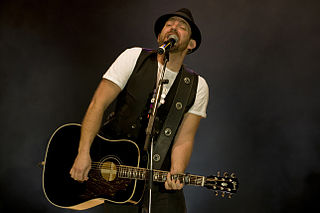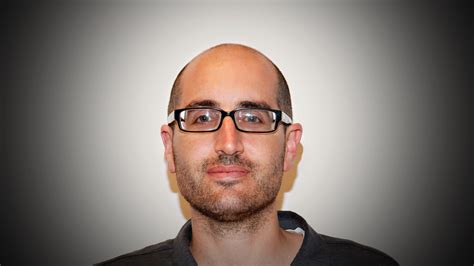A Quote by Art Bell
I get a guest on the air, and they're weird or strange, and I help them tell their story. I don't laugh at them. I listen.
Related Quotes
Every year, I speak to our new associates and give them this advice, although in my own words. 'This isn't like school,' I tell them, 'where you want to get your hand in the air and give an answer quickly. The only grade here is 100. Deadlines are important, but at Blackstone you can always get help in meeting them.'
Vera said: 'Why do you feel you have to turn everything into a story?' So I told her why: Because if I tell the story, I control the version. Because if I tell the story, I can make you laugh, and I would rather have you laugh at me than feel sorry for me. Because if I tell the story, it doesn't hurt as much. Because if I tell the story, I can get on with it.
There is a marvelous story of a man who once stood before God, his heart breaking from the pain and injustice in the world. "Dear God." he cried out, "look at all the suffering, the anguish and distress in your world. Why don't you send help?" God responded,"I did send help. I sent you." When we tell our children that story, we must tell them that each one of them was sent to help repair the broken world-and that it is not the task of an instant or of a year, but of a lifetime.
The best way to make friends with an audience is to make them laugh. You don't get people to laugh unless they surrender - surrender their defenses, their hostilities. And once you make an audience laugh, they're with you. And they listen to you if you've got something to say. I have a theory that if you can make them laugh, they're your friends.
It's kind of fun at my age to go back and talk to business-school people. I tell them, "I can summarize everything you need to know to lead a major corporation. Are you prepared to write this down?" And then they get all ready. I tell them I can summarize how I succeed as a leader: Listen to your employees, listen to your customers, shut the f - - up, and do what they tell you.
Words are alive--when I've found a story that I love, I read it again and again, like playing a favorite song over and over. Reading isn't passive--I enter the story with the characters, breathe their air, feel their frustrations, scream at them to stop when they're about to do something stupid, cry with them, laugh with them. Reading for me, is spending time with a friend. A book is a friend. You can never have too many.
People are always trying to tell you how they feel. Some of them say it outright, and some of them, they tell you with their actions. And you have to listen. I don't know what will happen with your lady friend. I think she's a nice person, and I hope you get what you want. But do me a favor: Listen, and don't ignore what you hear.
Why do we tell stories? It's because we want to connect to people, we want to tell them who we are, we want to tell them a story that affects us, that impacts us. And to help a young filmmaker doing a short or independent film is my testament, I think, is my desire to really make sure that our younger generations get passed along all the elders' experience and to literally have the image - to literally carry them on their shoulders and say, 'This is what the world is. This is how the world operates. Let me show you how.'



































